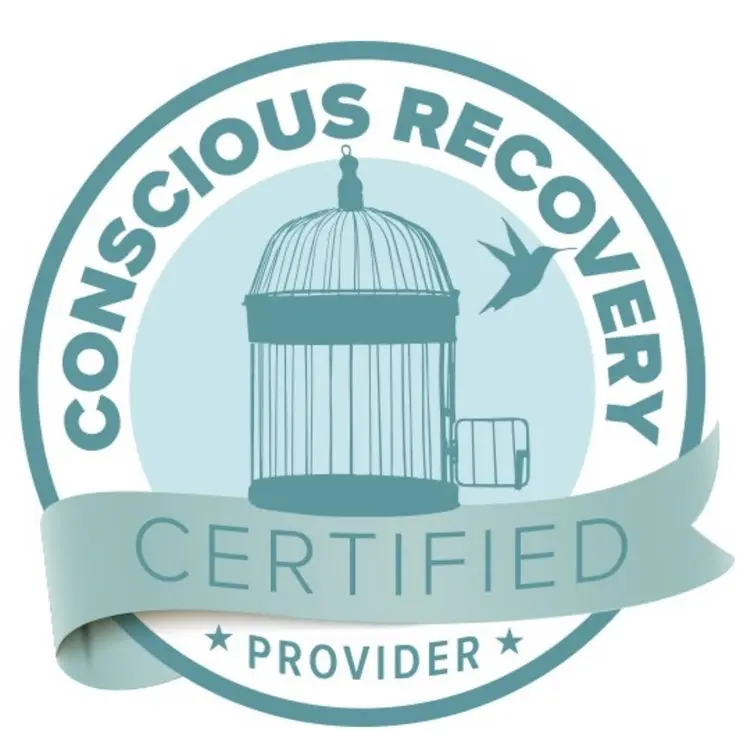Monima is a transformative outpatient anxiety treatment center designed specifically for women seeking mental health support in San Diego. We recognize that no two clients are the same, and anxiety looks different for everyone. That’s why our team provides inclusive and individualized care based on the needs, diagnoses, and goals of each client — regardless of where they are at in their wellness journey.
Navigating anxiety is challenging, and it’s especially difficult if you are facing it alone. Our mission is to provide care, support, and guidance every step of the way. We offer a variety of treatment modalities to address each the unique needs, diagnoses, and wellness goals of each individual.
We foster a safe and inclusive environment where women feel empowered and supported during recovery. Monima offers the unique opportunity for clients to build lasting bonds and a sense of community while in treatment.

Anxiety is complex and each journey is unique, not universal. Treatment programs at Monima provide individualized and comprehensive care that combines a variety of traditional and alternative techniques, from CBT to Reiki and Acupuncture. Our team recognizes the interconnectedness of the mind, body, and spirit and our outpatient anxiety programs are designed to foster overall and lasting mental wellness.
Anxiety treatment at Monima considers biological, psychological, social, and environmental factors that are unique to each individual. Our approach to treatment promotes long-term wellness and complete healing. At Monima, we provide an integrated, personalized, and diverse range of services that set each patient up for a breakthrough in their wellness journey and the chance at a sustainable and life-changing recovery.
The most successful anxiety treatment varies from one person to the next, however, Cognitive Behavioral Therapy (CBT) — a subset of psychotherapy — is widely recognized as one of the most effective evidence-based treatments for anxiety disorders. Psychotherapy is also referred to as talk therapy or psychological counseling, and involves working with a therapist to reduce your symptoms of anxiety. Generally a shorter-term treatment option, CBT focuses on teaching patient’s specific skills to improve symptoms and gradually return to the normal daily activities they may have struggled with because of anxiety.
CBT helps individuals identify and modify negative thought patterns and behaviors that contribute to anxiety, leading to lasting improvements in coping mechanisms and overall anxiety reduction. In some cases, a combination of CBT and medication may be recommended for more severe or persistent anxiety disorders. It is essential for individuals to work closely with mental health professionals to find the most suitable and effective treatment plan tailored to their specific needs.
There are various healthy coping mechanisms that someone struggling with anxiety can do to reduce symptom severity and improve mental wellness. The most common coping techniques for anxiety include mindfulness and stress reduction techniques — and they can often be done at home, school, or work. They do not require a medical professional. Coping techniques are used to reduce the anxieties impact and interference in daily life. 15 common coping skills for anxiety include:
The most difficult anxiety disorder to treat varies, however, treatment-resistant Obsessive-Compulsive Disorder (OCD) is often labeled as one of the most challenging anxiety disorders to treat and manage. Treatment-resistance is when the patient has received some form of treatment (i.e. medications, therapy, outpatient programs) yet symptoms continue to persist and often interfere with daily life. The behaviors associated with OCD can be understood as the individual’s way of dealing with stress and anxiety, and are often difficult to stop or control without treatment.
OCD symptoms and behaviors include:
While therapies like Cognitive Behavioral Therapy (CBT) and medications can be effective for many individuals with OCD, some cases may require more intensive and specialized treatments, such as an outpatient program. It is crucial for individuals with treatment-resistant OCD to work closely with mental health professionals to explore all available treatment plan options.
In some cases, anxiety qualifies as a disability. Anxiety is considered to be a disabling condition when it interferes with daily functioning such as work, school, or interacting in social settings. Depending on the circumstance, individuals may be eligible for disability accommodations or support. To apply for disability benefits, the individual must provide medical documentation that demonstrates the severity and significant effect on daily life. Eligibility for benefits varies based on the specific circumstances of the individual and the state regulations where they are applying.
Find out if Monima is the right treatment center for you or your loved one. Please note: we are an insurance-friendly organization.

